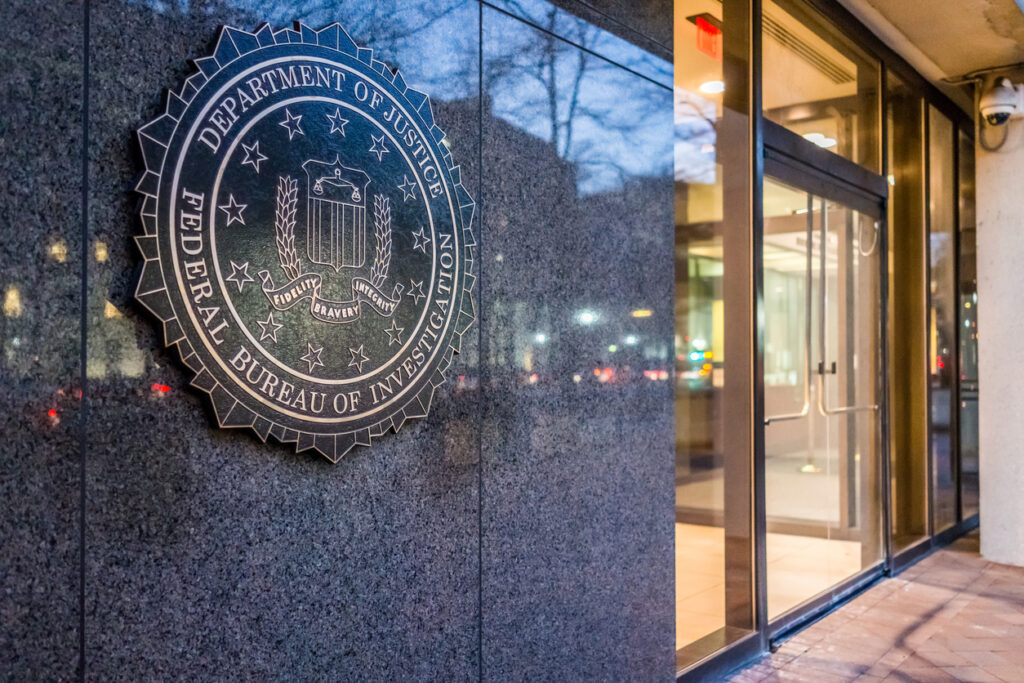A bipartisan group of lawmakers from both the U.S. House and Senate sent a letter to the Government Accountability Office (GAO) requesting a new review of the Federal Bureau of Investigation’s (FBI) whistleblower protection rules.
U.S. Senators Rob Portman (R-OH), Ranking Member of the Senate Homeland Security and Governmental Affairs Committee, Chuck Grassley (R-IA), Ranking Member of the Senate Judiciary Committee, Gary Peters (D-MI), Chairman of the Senate Homeland Security and Governmental Affairs Committee, and U.S. Representatives Carolyn B. Maloney (D-NY), Chairwoman of House Oversight and Reform Committee, and Jackie Speier (D-CA) asked the GAO to investigate numerous reports of the FBI engaging in retaliation against whistleblowers.
The FBI has a long history of retaliating against whistleblowers with multiple different strategies and methods, including loss of security clearance and blacklisting.
Lawmakers claim that the letter is a response to the lack of action on the part of the U.S. Department of Justice (DOJ) after Congress enacted recommendations based on a 2015 GAO report on “the weaknesses of statutory protections for whistleblowers from the FBI and the failures of the FBI and the DOJ to effectively administer them.” The letter claims that the DOJ has “not promulgated regulations to implement Congress’ changes.” To this day, FBI employees still have no recourse to appeal claims after they have been settled inside the FBI, and do not have rights to an independent appeals process. All disclosures must take place internally.
The letter mentions a handful of prominent FBI whistleblowers who have been mistreated by the bureau and arguably retaliated against. The cases of Special Agent John Parkinson, who blew the whistle on misuse of an FBI surveillance plane for unauthorized flights to Reno, NV so that the agent in question could allegedly pay for sex, and Supervisory Contract Specialist Darin Jones are prominently featured.
FBI employees who are also military veterans are allowed to have their wrongful termination cases heard before the Merit Systems Protection Board (MSPB). However, even if they win their case there, the FBI can still take away their security clearances, rendering them almost entirely impotent. The MSPB has also been without a quorum for over four years, stacking up a backload of thousands of unheard and unresolved cases. Even if FBI whistleblowers are lucky enough to have a military background and qualify for their case to be heard, it may take years to sort through the already existing cases before the MSPB can get to current ones. If an individual doesn’t have a military background, they can’t even get that far.
The letter demands that the GAO answer a number of pressing questions, such as “[d]o current FBI whistleblower protections adequately shield whistleblowers from retaliation?” As the question is almost laughably rhetorical, the hope is that the GAO’s upcoming report will force the DOJ to make changes to the FBI’s draconian whistleblower protections.
